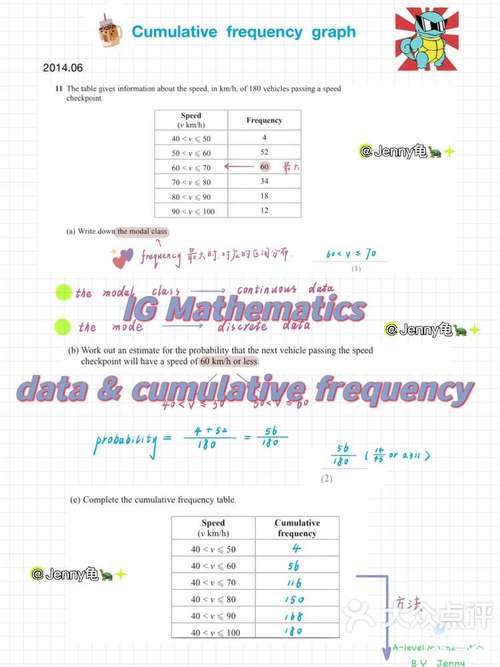How to Calculate Tons: A Comprehensive Guide
Calculating tons is a fundamental skill in various fields, from construction to logistics. Whether you’re dealing with weight, volume, or mass, understanding how to convert and calculate tons is crucial. In this article, we’ll explore different methods and scenarios where you might need to calculate tons, ensuring you have a thorough understanding of the process.
Understanding Tons
Before diving into the calculation methods, it’s essential to understand what a ton is. A ton is a unit of mass or weight, and it can refer to different types depending on the context:

| Type of Ton | Description |
|---|---|
| Short Ton | 2,000 pounds (907.1847 kg) |
| Long Ton | 2,240 pounds (1,016.0469088 kg) |
| metric Ton | 1,000 kilograms (2,204.6226218 pounds) |
As you can see, there are three primary types of tons: short, long, and metric. It’s crucial to know which type you’re dealing with to ensure accurate calculations.
Calculating Tons from Pounds
Converting pounds to tons is a straightforward process. To convert pounds to short tons, divide the number of pounds by 2,000. For long tons, divide by 2,240, and for metric tons, divide by 2,204.6226218. Here’s an example:
Let’s say you have 10,000 pounds. To convert this to short tons:
| Number of Pounds | Conversion Factor | Result |
|---|---|---|
| 10,000 | 2,000 | 5 short tons |
Similarly, to convert 10,000 pounds to long tons:

| Number of Pounds | Conversion Factor | Result |
|---|---|---|
| 10,000 | 2,240 | 4.46 long tons |
And to convert 10,000 pounds to metric tons:
| Number of Pounds | Conversion Factor | Result |
|---|---|---|
| 10,000 | 2,204.6226218 | 4.54 metric tons |
Calculating Tons from Volume
When dealing with volume, you’ll need to know the density of the material to convert it to weight. Here’s how to do it:
- Find the density of the material in pounds per cubic foot (lb/ft鲁) or kilograms per cubic meter (kg/m鲁).
- Multiply the volume by the density to get the weight in pounds or kilograms.
- Convert the weight to tons using the appropriate conversion factor.
For example, let’s say you have a volume of 100 cubic feet of steel, and the density of steel is 490 lb/ft鲁. To find the weight in pounds:
| Volume | Density | Weight |
|---|---|---|
| 100 ft鲁 | 490 lb/ft鲁 | 49,000 pounds |









